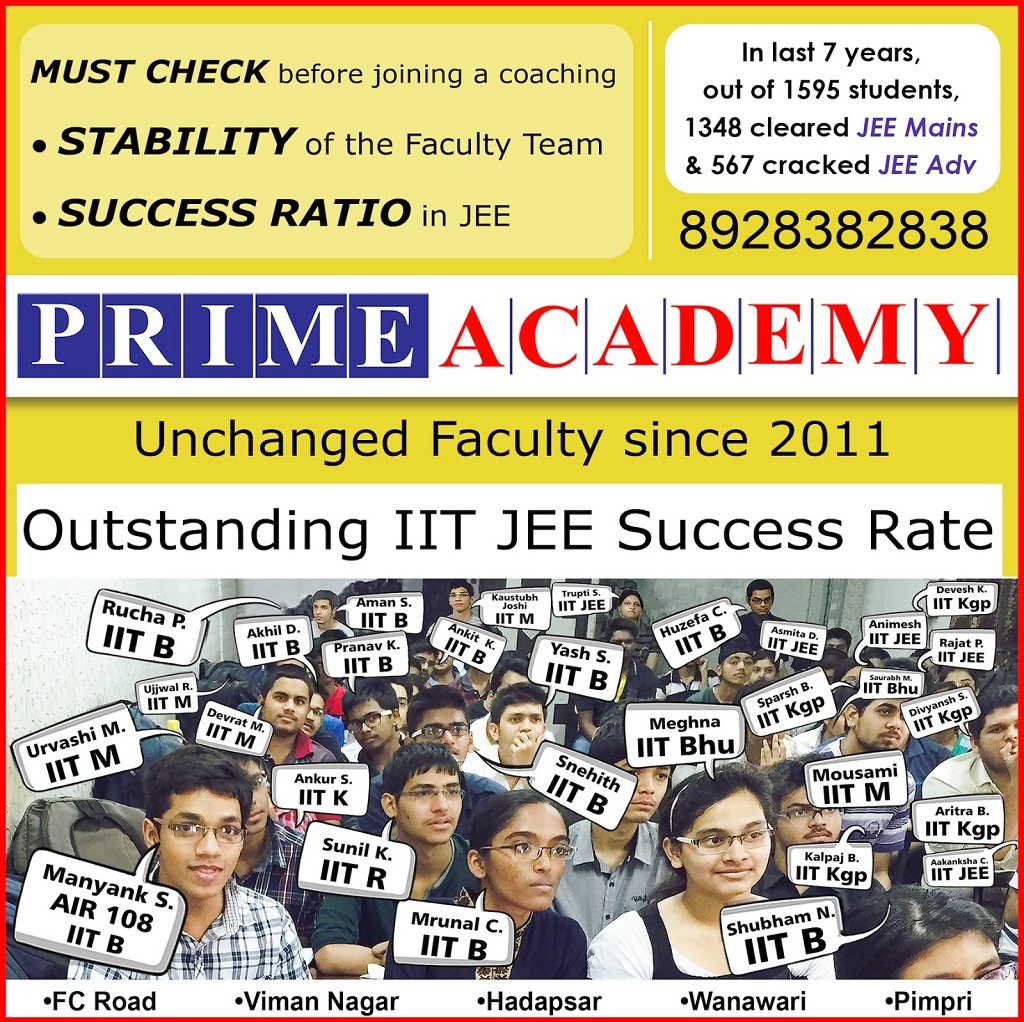Significant Surge in MBBS Seats in Maharashtra, Concerns Arise Over Quality

Mumbai, 9th August 2023: Over the past six years, there has been a remarkable 50% increase in MBBS seats across both government and private medical colleges in Maharashtra. The total count of available seats in medical institutions this academic year has risen to 7,324 across 53 colleges, a substantial jump from 4,980 in 2018-19.
Data provided by the state’s Common Entrance Test (CET) cell, responsible for the counseling process, indicates that the surge has predominantly occurred within private institutes. Government and aided colleges have also witnessed growth, with the count rising from 23 to 31 during the same period. Additionally, the state’s recent budget announcement introduced plans for nine more medical colleges, currently in the pipeline. However, parents and educators have voiced apprehensions over the rapid proliferation of colleges without an adequate number of teachers or essential infrastructure.
In a recent development, the Maharashtra University of Health Sciences (MUHS) denied affiliation to seven private colleges in the state, citing inadequate faculty as the reason. Concerns have been raised over the expanding number of colleges amidst a shortage of qualified instructors, jeopardizing the quality of education being imparted. This contrasts with the government’s previous policy of establishing three colleges—one each in Vidarbha, Marathwada, and other regions of Maharashtra—over a decade ago. The new focus is to establish at least one government college in every district.
The central government has also taken a proactive stance towards boosting capacity in medical education. Dr. Pravin Shingare, former Director of the Directorate of Medical Education and Research (DMER), praised the model adopted for the Baramati medical college, where a well-structured timeline from government resolution to infrastructure establishment led to the admission of the first batch five years later. Unfortunately, this approach is currently not being consistently implemented.
While the utilization of civil hospitals for new medical colleges is a viable strategy, the progression to fully-equipped institutions is taking as long as five years. Dr. Shingare emphasized that in the interim, students are graduating without proper classroom training, essential infrastructure, and an insufficient number of faculty members. He called for timely faculty recruitment, promotions, the creation of new positions, and the punctual release of sanctioned budgets to address faculty shortages.
Professors from government colleges have frequently voiced concerns regarding the rapid proliferation of medical institutions. A dean from a remote district’s college revealed that despite advertising for vacant positions, a lack of qualified applicants persists due to inadequate facilities. A parent representative noted that despite facility limitations, students continue to opt for government colleges due to their lower fees.
Join Punekar News Whatsapp Group, Telegram, Instagram And Twitter For Regular Update about Pune City And Pimpri-Chinchwad









